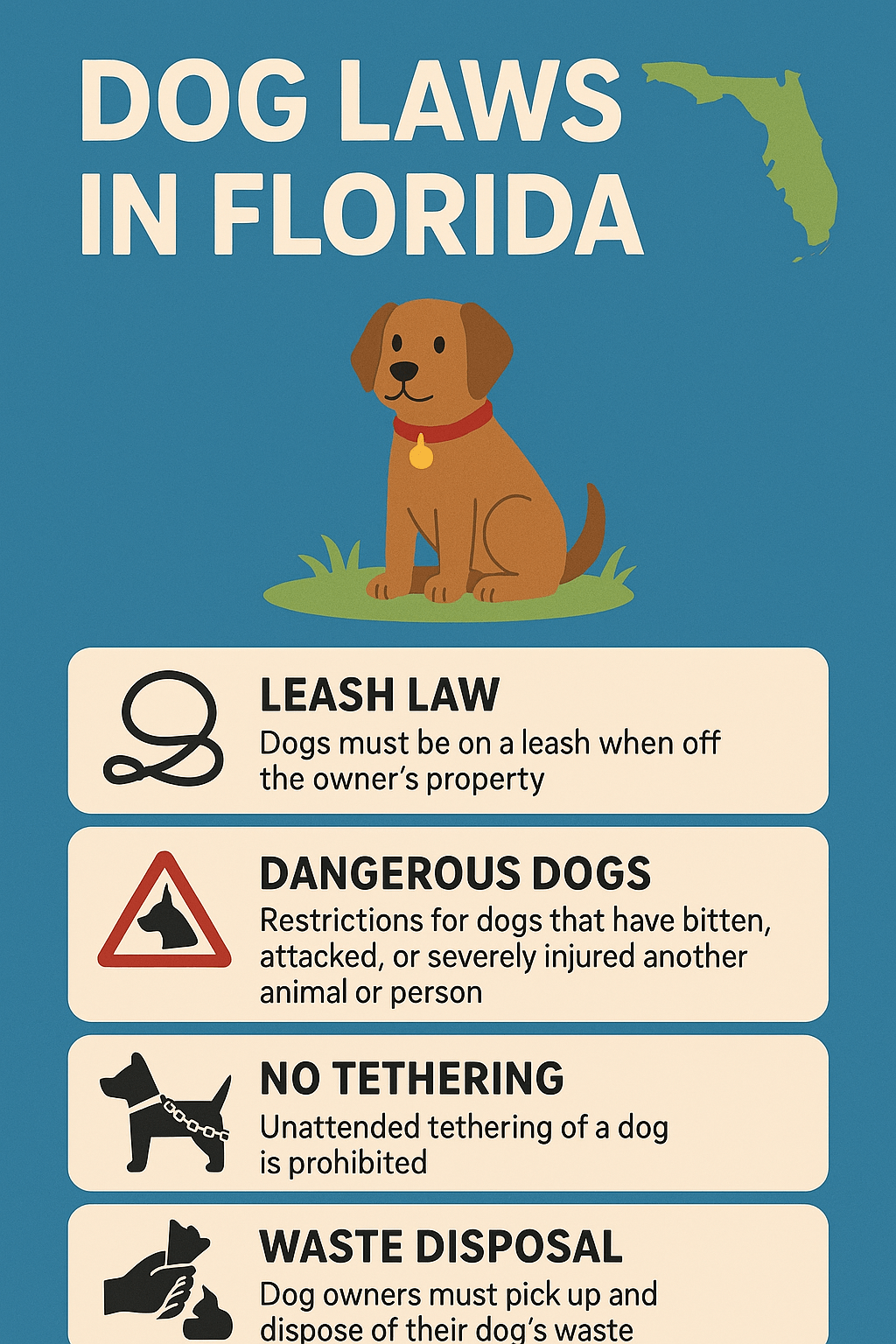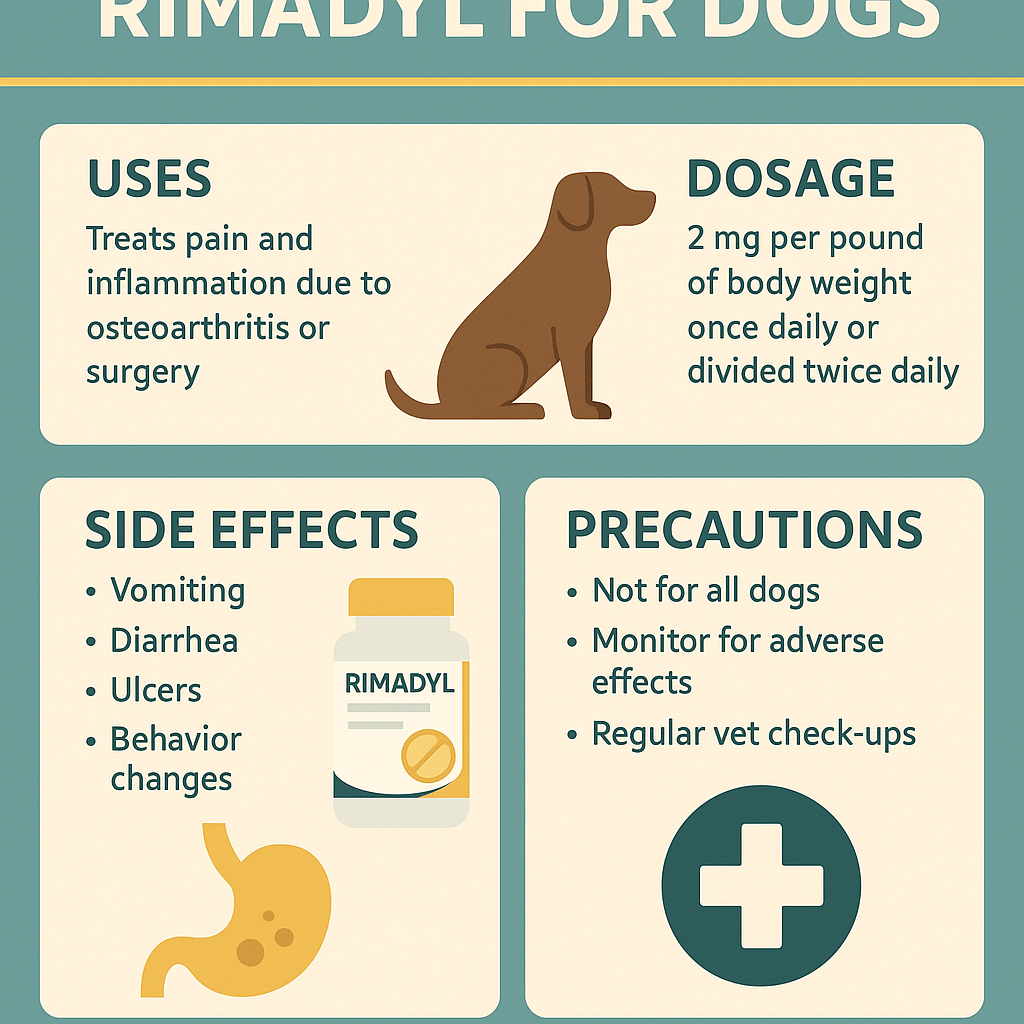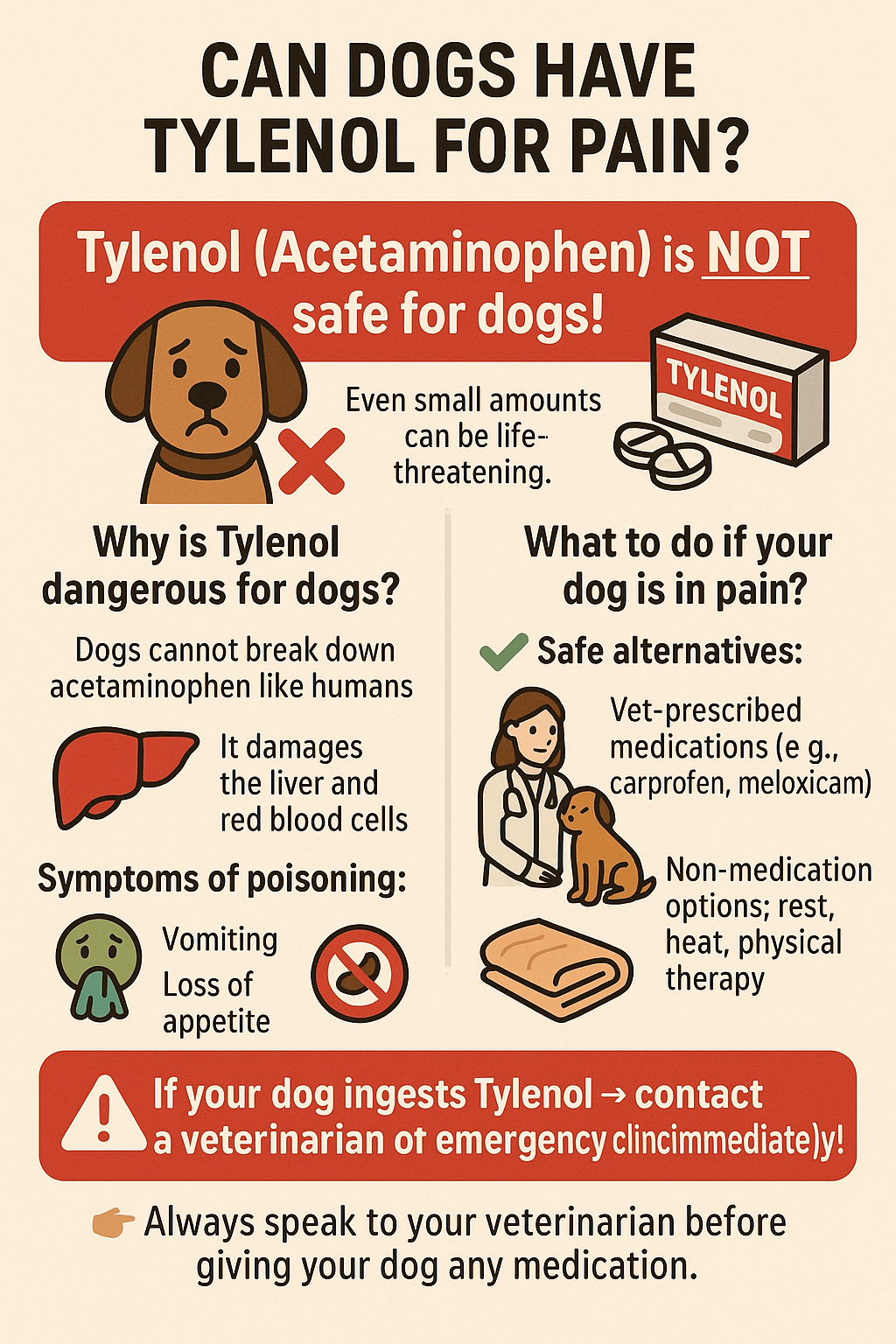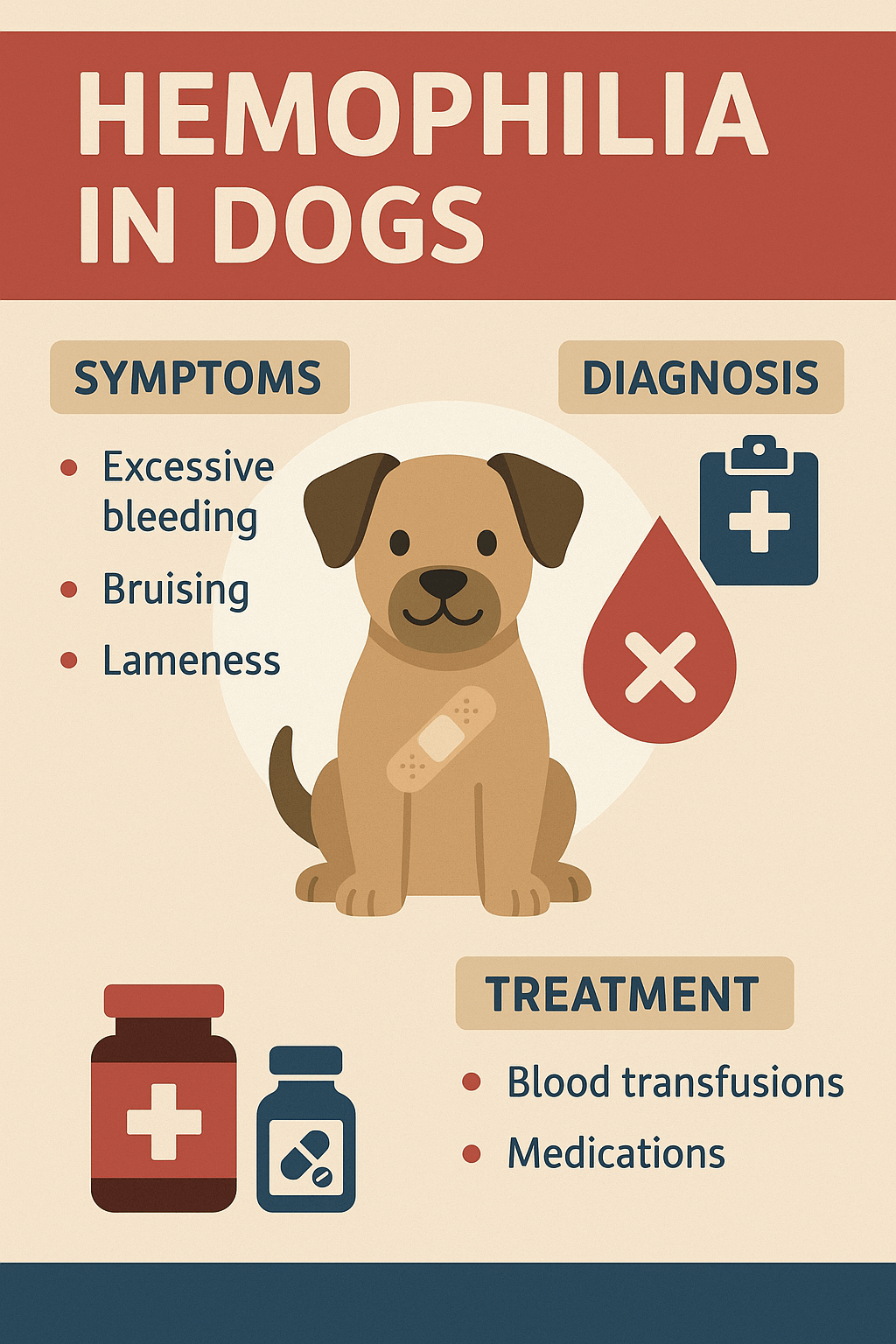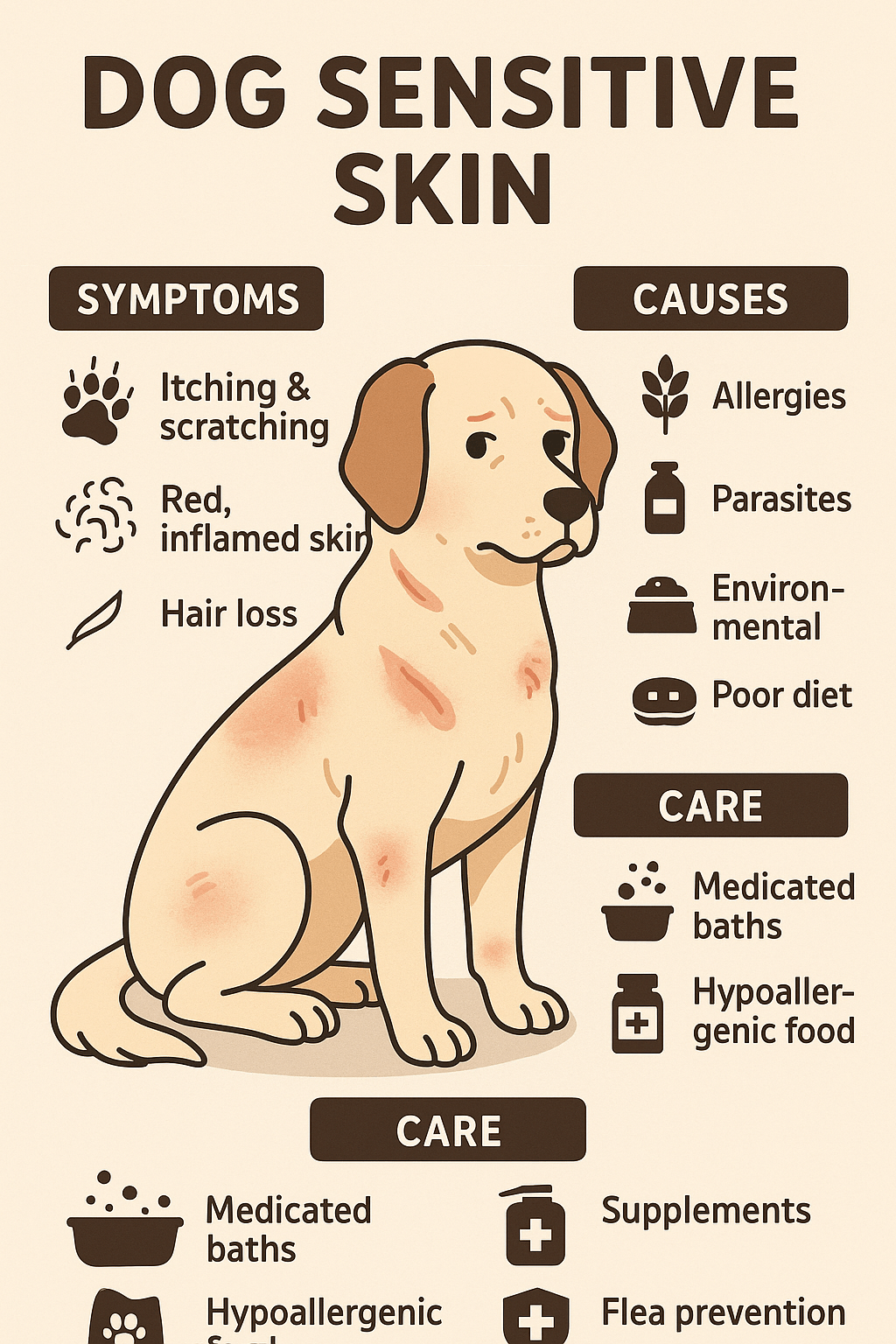Dog Laws in Florida: What Every Pet Owner Needs to Know
Owning a dog in Florida comes with responsibilities, not just to your furry friend but also to the community. The Sunshine State has specific laws and regulations designed to ensure the safety, health, and well-being of dogs and their owners, as well as the general public. From leash requirements to vaccination mandates, understanding these laws is essential for responsible pet ownership. Whether you’re a new dog owner or have lived in Florida for years, this guide will help you navigate the legal landscape and ensure you’re fully compliant while enjoying life with your canine companion.
Expert Insight on Florida’s New Animal Protection Laws
“Florida Gov. Ron DeSantis has signed two new animal protection bills into law—Senate Bill 150, known as Trooper’s Law, and House Bill 255, known as Dexter’s Law—aimed at strengthening penalties for animal cruelty and abandonment.”
Key Dog Laws in Florida You Should Know
Florida’s dog laws cover a wide range of topics, from licensing and vaccinations to leash rules and breed-specific legislation. Familiarizing yourself with these regulations can save you from potential fines or legal issues.
Leash Laws:
Most counties in Florida require dogs to be on a leash when in public spaces unless they are in designated off-leash areas like dog parks.Vaccination Requirements:
Dogs must be vaccinated against rabies by a licensed veterinarian, and proof of vaccination must be kept up to date.Licensing Regulations:
Many counties mandate that dogs be licensed annually, often requiring proof of rabies vaccination for registration.Breed-Specific Legislation (BSL):
Some cities in Florida have restrictions on certain breeds, such as Pit Bulls, due to perceived aggression risks. Owners may need to meet additional requirements.Noise Ordinances:
Excessive barking can lead to complaints and fines. Florida law allows local governments to enforce noise ordinances to maintain neighborhood peace.
Understanding these key laws ensures you stay compliant and avoid unnecessary penalties while keeping your dog safe and happy.
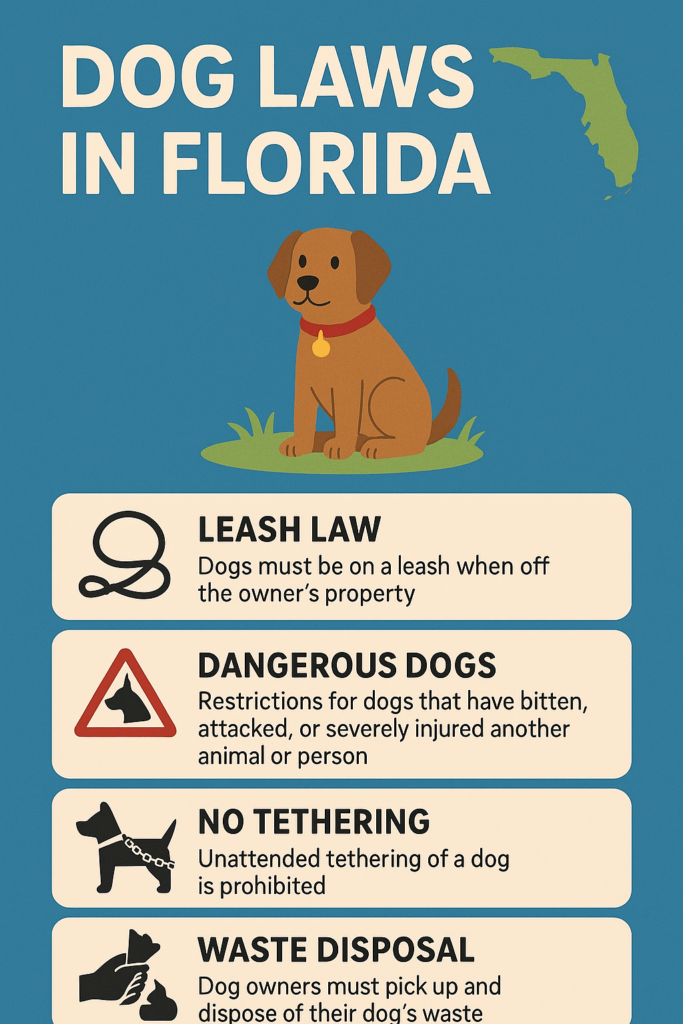
Key Dog Laws in Florida You Should Know
Florida’s dog laws cover a wide range of topics, from licensing and vaccinations to leash rules and breed-specific legislation. Familiarizing yourself with these regulations can save you from potential fines or legal issues.
Leash Laws:
Most counties in Florida require dogs to be on a leash when in public spaces unless they are in designated off-leash areas like dog parks.Vaccination Requirements:
Dogs must be vaccinated against rabies by a licensed veterinarian, and proof of vaccination must be kept up to date.Licensing Regulations:
Many counties mandate that dogs be licensed annually, often requiring proof of rabies vaccination for registration.Breed-Specific Legislation (BSL):
Some cities in Florida have restrictions on certain breeds, such as Pit Bulls, due to perceived aggression risks. Owners may need to meet additional requirements.Noise Ordinances:
Excessive barking can lead to complaints and fines. Florida law allows local governments to enforce noise ordinances to maintain neighborhood peace.
Understanding these key laws ensures you stay compliant and avoid unnecessary penalties while keeping your dog safe and happy.
Check this guide 👉Dog Parks in Boston: Best 7 Expert Tips!
Check this guide 👉Exploring Minneapolis Dog Parks: Best 7 Expert Tips!
Check this guide 👉Runyon Canyon Dog Park: Best 7 Expert Tips!
Owner Responsibilities | Legal Consequences for Noncompliance |
|---|---|
Keep dogs on a leash in public areas | Fines or citations for violating leash laws |
Vaccinate dogs against rabies | Legal penalties and possible quarantine |
Provide proper shelter and care | Animal cruelty charges and fines |
Control excessive barking | Noise violation fines and neighbor disputes |
Register dogs with local authorities | Fees or penalties for unlicensed pets |
What Happens If Your Dog Bites Someone?
Dog bites are serious incidents that carry significant legal implications in Florida. Knowing how the law handles these situations can help you respond appropriately and minimize complications.
Immediate Reporting Requirements:
If your dog bites someone, you must report the incident to local animal control within 24 hours.Quarantine Periods:
Biting dogs may be required to undergo a 10-day quarantine to monitor for signs of rabies, even if vaccinated.Owner Liability for Damages:
Florida law holds dog owners strictly liable for medical expenses resulting from a bite, regardless of the dog’s history.Dangerous Dog Designation:
A dog involved in repeated aggressive behavior may be labeled “dangerous,” leading to stricter ownership requirements.Potential Euthanasia Orders:
In extreme cases involving severe attacks, courts may order euthanasia if the dog poses a continued threat to public safety.
Understanding these protocols helps you act responsibly and mitigate risks associated with dog bites.
How to Prepare for Natural Disasters Under Florida Law
Florida’s climate makes it prone to hurricanes and other natural disasters, which can impact pets significantly. State laws emphasize the importance of including animals in emergency preparedness plans.
Evacuation Plans for Pets:
Owners are encouraged to include pets in evacuation plans, ensuring they have carriers, food, and supplies ready.Shelter Options for Animals:
Florida law requires counties to provide pet-friendly shelters during emergencies to accommodate displaced animals.Identification Tags and Microchips:
Dogs should wear identification tags and have updated microchip information to reunite them with owners if separated.Secure Outdoor Enclosures:
During storms, outdoor dogs must be moved to secure indoor spaces to prevent injury or escape.Post-Disaster Recovery Resources:
Local animal control agencies offer resources to help locate lost pets and provide temporary care after disasters.
Proper preparation ensures your dog remains safe and accounted for during emergencies.
Additional Tips for Safe Dog Ownership
Safe dog ownership extends beyond basic compliance with laws. These tips can help you create a positive experience for your dog and those around you.
Socialize Your Dog Early:
Proper socialization reduces fear-based aggression and helps your dog interact calmly with people and other animals.Invest in Obedience Training:
Teaching commands like “sit,” “stay,” and “come” improves control and prevents unwanted behaviors in public spaces.Use High-Quality Gear:
Invest in durable leashes, collars, and harnesses to ensure your dog’s safety during walks or outings.Monitor Health Regularly:
Schedule routine vet check-ups to catch potential health issues early and keep vaccinations current.Be a Good Neighbor:
Clean up after your dog during walks and address any complaints about barking promptly to maintain goodwill in your community.
By incorporating these practices, you demonstrate responsible ownership and foster a positive relationship with your dog.
Understanding Breed-Specific Legislation (BSL)
Breed-specific legislation (BSL) remains a controversial topic in Florida, affecting certain dog breeds disproportionately. Here’s what you need to know if you own or plan to adopt a restricted breed.
Restricted Breeds Vary by Location:
Cities like Miami-Dade County ban or regulate breeds like Pit Bulls, requiring special permits or insurance coverage.Additional Insurance Requirements:
Owners of restricted breeds may need liability insurance to cover potential damages caused by their dogs.Heightened Scrutiny:
Restricted breeds often face stricter enforcement of leash and muzzle laws compared to other dogs.Challenges for Adoption:
Shelters in BSL areas may struggle to rehome restricted breeds, leading to higher euthanasia rates.Advocacy Opportunities:
Groups across Florida work to repeal BSL, arguing that individual behavior—not breed—should determine regulation.
Understanding BSL helps owners navigate challenges and advocate for fairer policies.
Resources for New Dog Owners in Florida
New dog owners in Florida have access to numerous resources to help them transition into responsible pet ownership. These tools simplify compliance and enhance the bonding experience.
Local Animal Control Agencies:
Contact your county’s animal control office for guidance on licensing, vaccinations, and emergency preparedness.Humane Societies and Shelters:
These organizations offer low-cost spay/neuter services, vaccinations, and educational workshops for new owners.Training Classes and Clubs:
Join obedience classes or dog training clubs to build skills and connect with fellow dog enthusiasts.Online Forums and Communities:
Participate in online groups dedicated to Florida dog owners to share advice and experiences.Emergency Hotlines:
Save contact numbers for pet poison control and local animal rescue services in case of emergencies.
Taking advantage of these resources sets you up for success as a confident and informed dog owner.
Frequently Asked Questions About Dog Laws in Florida
Do I need to register my dog in Florida?
Registration requirements vary by county, but most areas require annual registration with proof of rabies vaccination.
Can I let my dog roam freely in my yard?
Yes, as long as your property is securely fenced and your dog does not pose a nuisance or danger to neighbors.
What qualifies a dog as “dangerous” in Florida?
A dog may be classified as dangerous if it has a history of aggressive behavior or causes severe injuries without provocation.
Are there penalties for failing to vaccinate my dog?
Yes, failing to vaccinate your dog against rabies can result in fines, impoundment, or quarantine orders.
Can landlords refuse tenants with dogs?
Yes, Florida law does not prohibit landlords from setting pet policies, including breed or size restrictions.
Staying Compliant and Responsible as a Dog Owner in Florida
Navigating Florida’s dog laws might seem overwhelming at first, but taking the time to understand them is crucial for responsible pet ownership. By staying informed about leash laws, vaccination requirements, and emergency preparedness, you can create a safe and joyful environment for your dog while avoiding legal pitfalls. Remember, being a proactive and compliant dog owner not only benefits you and your pet but also contributes to a stronger, more compassionate community. With knowledge and preparation, you can enjoy the companionship of your furry friend worry-free.
Rimadyl for Dogs: Best 7 Expert Tips! Discover expert advice on using Rimadyl safely, managing pain, and improving your dog’s mobility with trusted veterinary insights.
Can Dogs Have Tylenol for Pain? Best 7 Expert Tips! Discover the risks, safe alternatives, and expert advice on managing your dog’s pain effectively while avoiding harmful medications.
Understanding Hemophilia in Dogs: Best 7 Expert Tips! Discover expert advice on managing hemophilia, recognizing symptoms, and ensuring your dog’s well-being with practical care strategies.
Understanding Dog Sensitive Skin: Best 7 Expert Tips! Discover expert advice on managing dog sensitive skin, relieving irritation, and improving your pup’s comfort with practical solutions.

